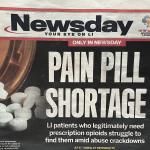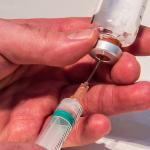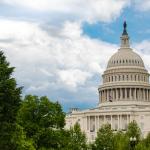No, you are not hallucinating.
Policy & Ethics
The case stems from the decision of a Florida judge, Kathryn Mizelle, in Health Freedom Def. Fund v.
Admissions policies at universities are going to change — for the better.
The case concerns the FDA-approved drug Exparel (liposomal bupivacaine), a long-acting local anesthetic used to control post-surgical pain manufactured by Pacira Biosciences, Inc.
Earlier this week, the Food and Drug Administration issued a draft of proposed guidelines for clinical re
The APA, enacted in 1946, governs how federal agencies issue regulations.
A new study released earlier this year adds more evidence to the mountains of evidence that policymakers trying to solve the overdose crisis have been aiming at the wrong target.
Yesterday the House of Representatives voted 289–133 to pass the HALT Fentanyl Act.* The
The scientist-authors have written an opinion piece in One Earth, a peer-reviewed journal. Before getting to the gist of their argument, it is worthwhile to note that they have a clear bias.












